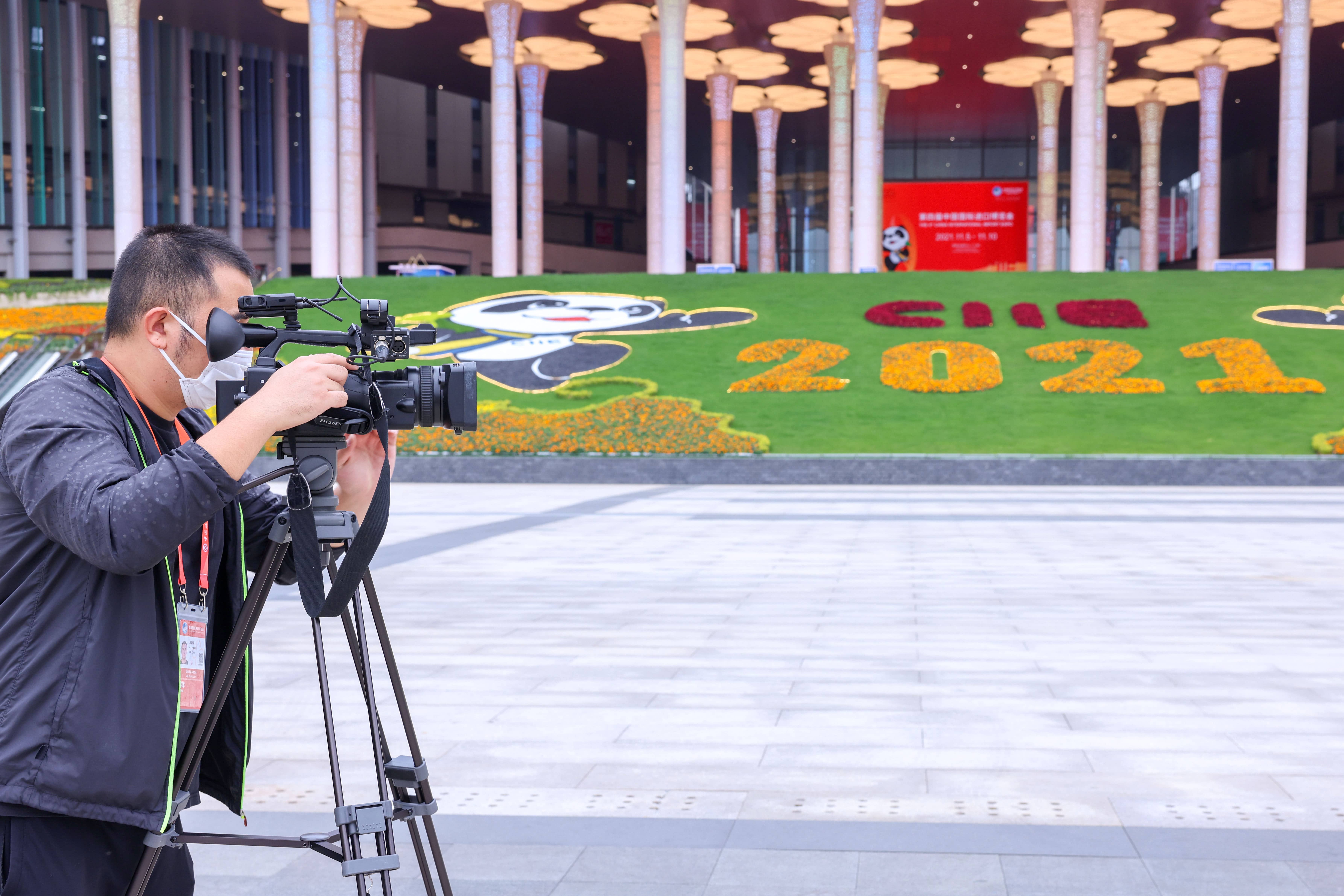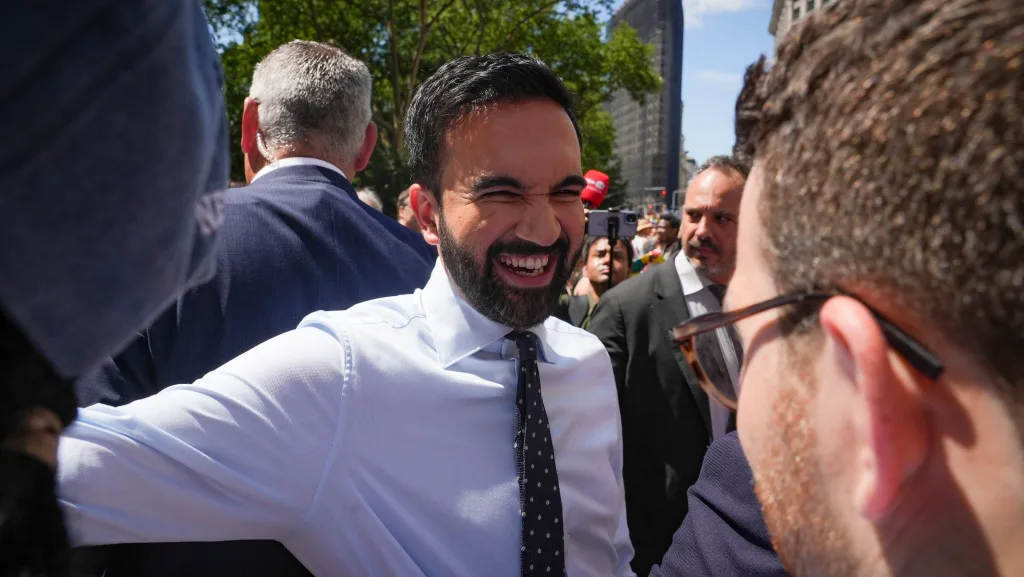
CHINA-SHANGHAI-IMPORT EXPO-VENUE VIEWS
BEIJING (AP) — China and the U.S. have agreed to ease restrictions on each other’s journalists amid a slight relaxation of tensions between the two sides.
The official China Daily newspaper on Wednesday said the agreement was reached ahead of Tuesday’s virtual summit between Chinese leader Xi Jinping and U.S. President Joe Biden.
The agreement represents a degree of progress on an issue that has long aggravated relations, but details remain to be ironed out. COVID-19 travel restrictions and long-standing obstacles faced by foreign media within China are also factors standing in the way of a major breakthrough in media relations.
Under the agreement, the U.S. will issue one-year multiple-entry visas to Chinese journalists and will immediately initiate a process to address “duration of status” issues, China Daily said. China will reciprocate by granting equal treatment to U.S. journalists once the U.S. policies take effect, and both sides will issue media visas for new applicants “based on relevant laws and regulations,” the report said.
Foreign Ministry spokesperson Zhao Lijian gave no information on a timeline for implementation, but called the agreement a “hard-won achievement that is in the interest of both sides and should be cherished.”
“We hope that the U.S. will keep its promise to put the relevant measures and policies in place as soon as possible and work with China to create favorable conditions for both (nations’) media to continue to work and live in each other’s countries,” Zhao said at a daily briefing.
In a statement to The Associated Press late Tuesday, the State Department said China had committed to issuing visas for a group of U.S. reporters “provided they are eligible under all applicable laws and regulations.”
“We will also continue issuing visas to (Chinese) journalists who are otherwise eligible for the visa under U.S. law,” the statement said.
China also committed to increase the length for which U.S. journalist visas are valid from the current 90 days to one year.
“On a reciprocal basis, we are committing to increase validity of U.S. visas issued to PRC journalists to one year as well,” the State Department statement said, referring to the People’s Republic of China.
Not mentioned in either statement were press conditions in the semi-autonomous Chinese territory of Hong Kong, where both local and international media have come under increasing pressure. The Economist said last week that Hong Kong refused a visa renewal for its correspondent Sue-Lin Wong. Authorities have not explained the rejection.
—Copyright 2021 Associated Press. All rights reserved. This material may not be published, broadcast, rewritten, or redistributed.














